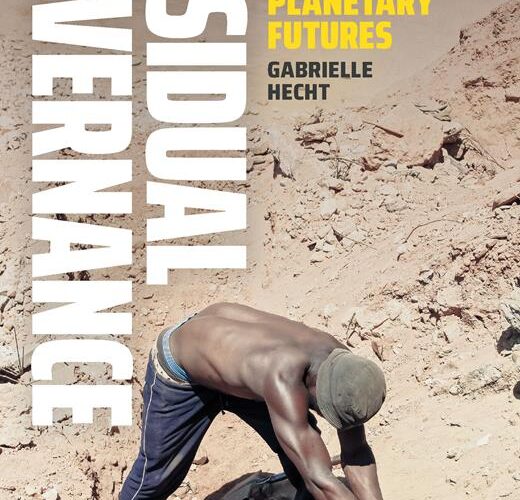Should Marxism be rooted in inter-species liberation? Or is it already, unbeknownst to most of us? Leigh Claire La Berge has delved into what she considers an unrecognized trove of evidence for Marxism’s deep engagement with the feline as a way of making sense of class society — and what would be necessary to leap … Continued









